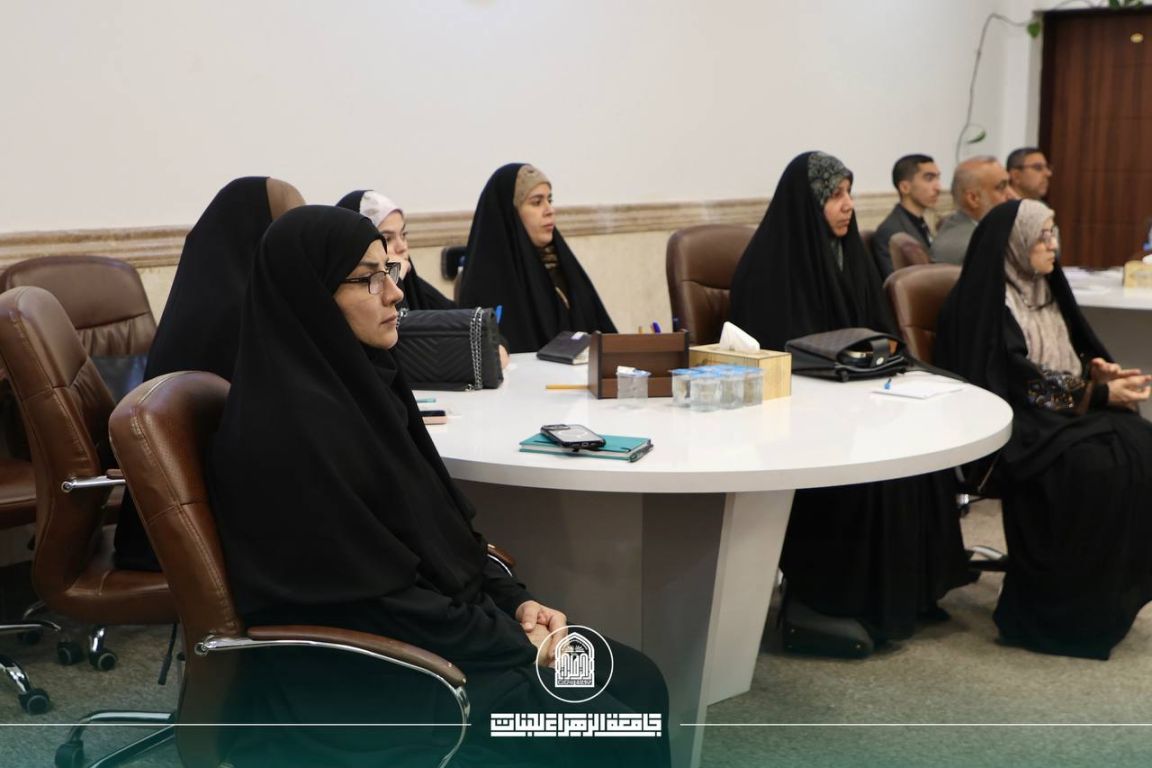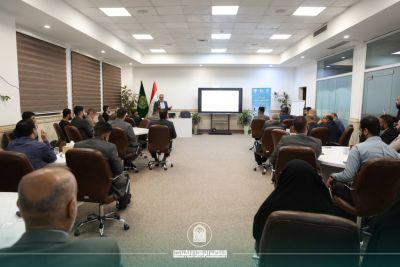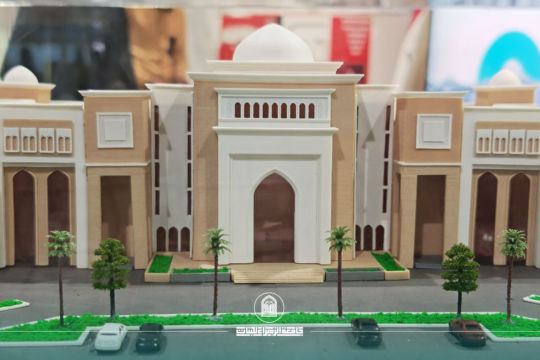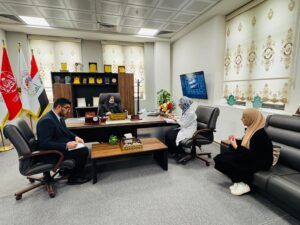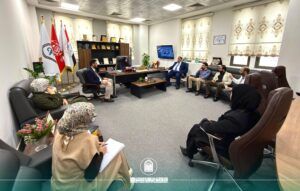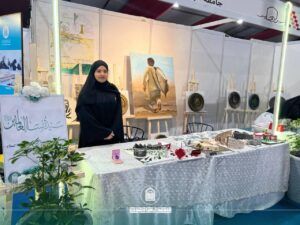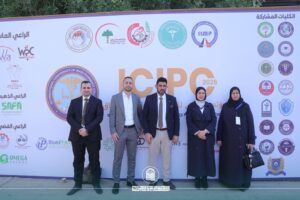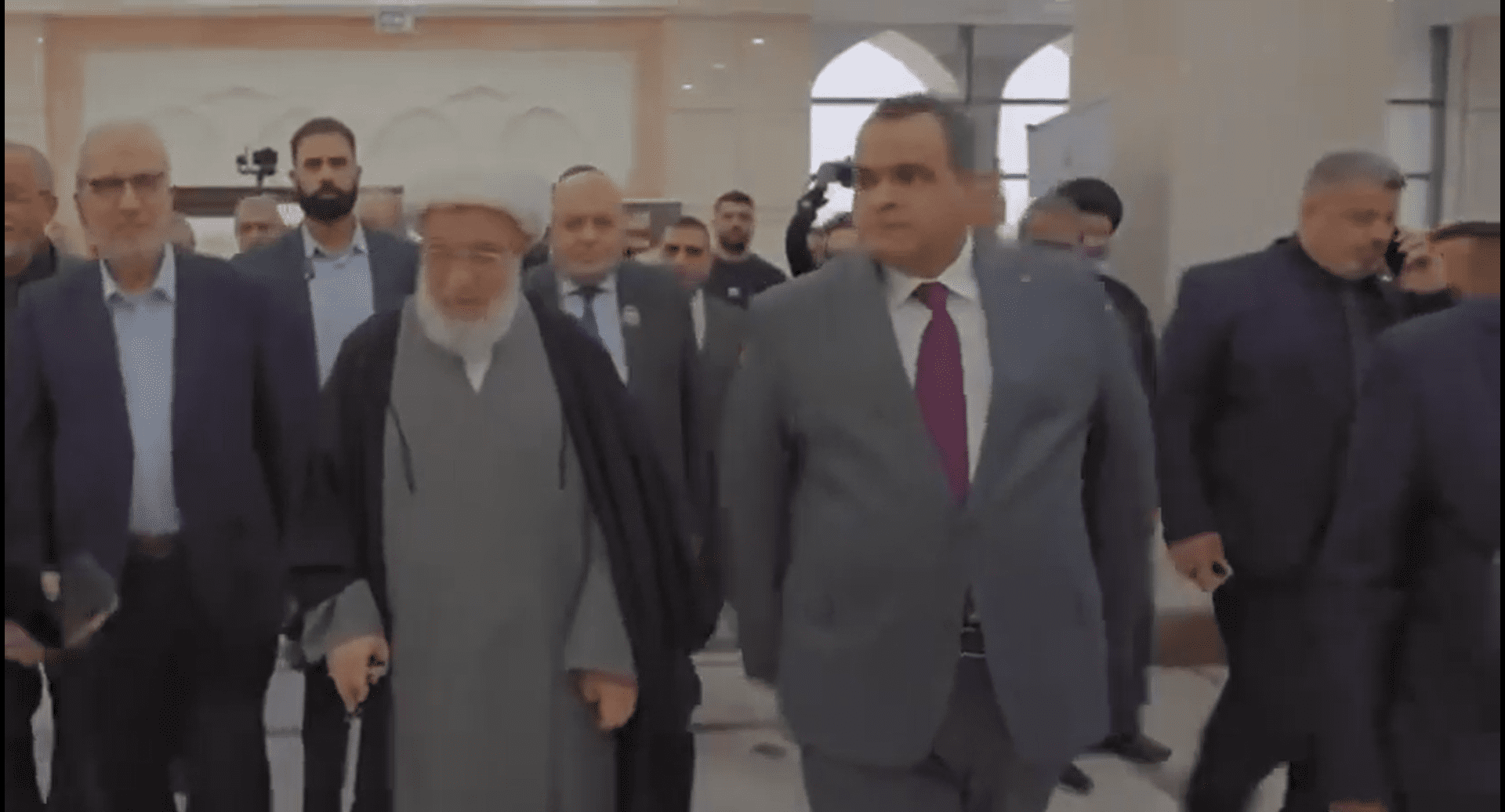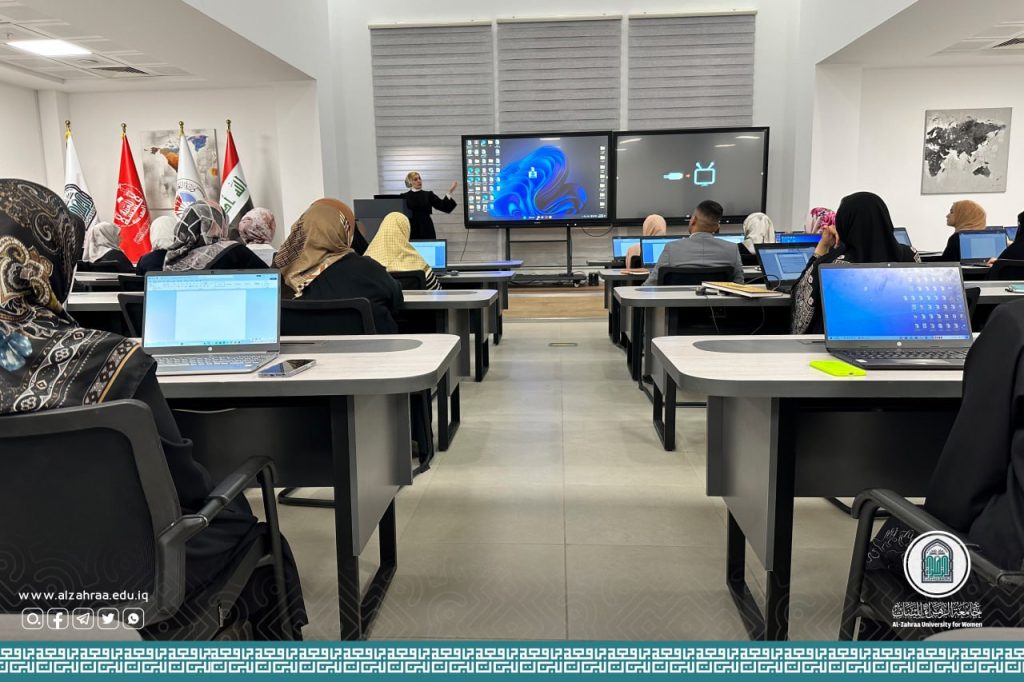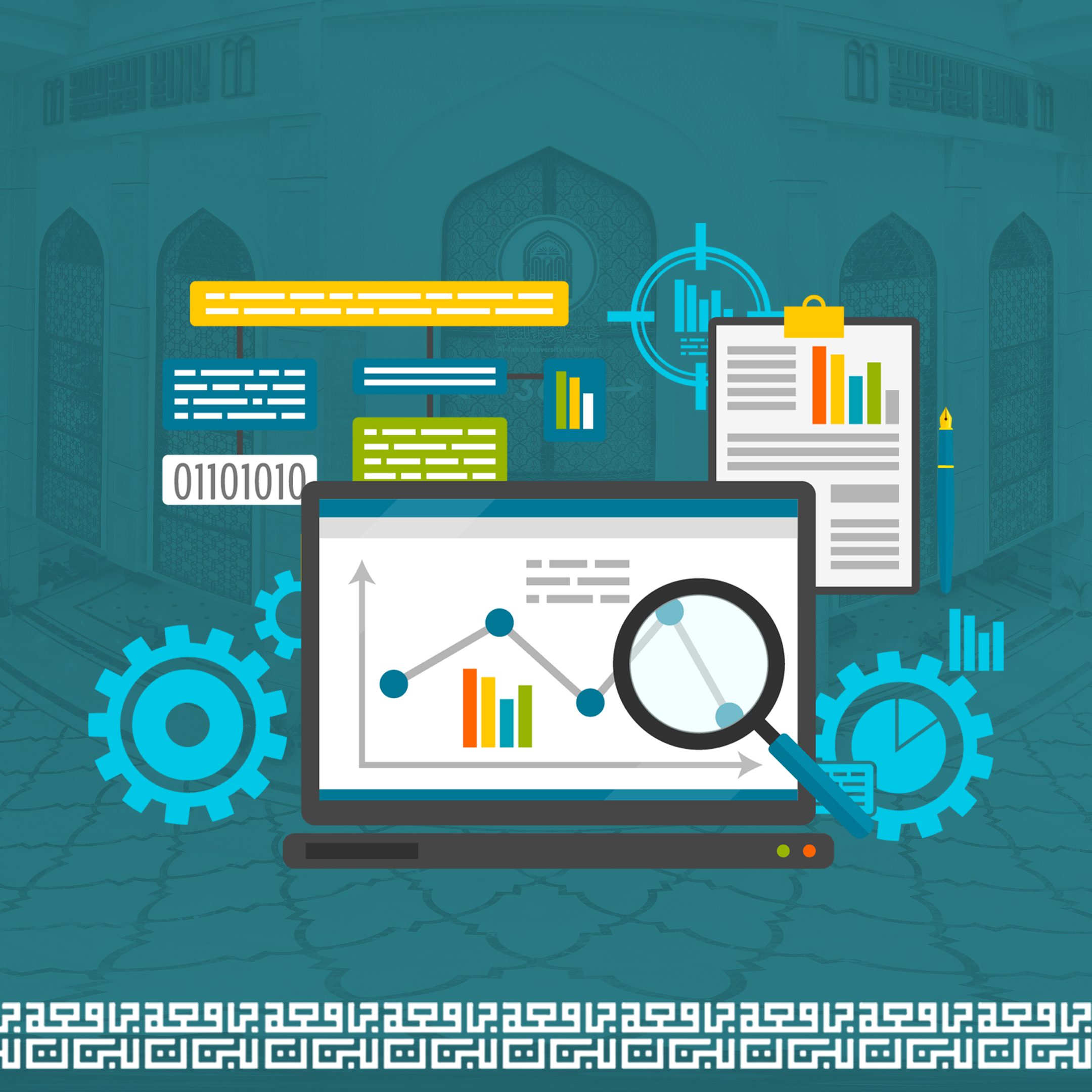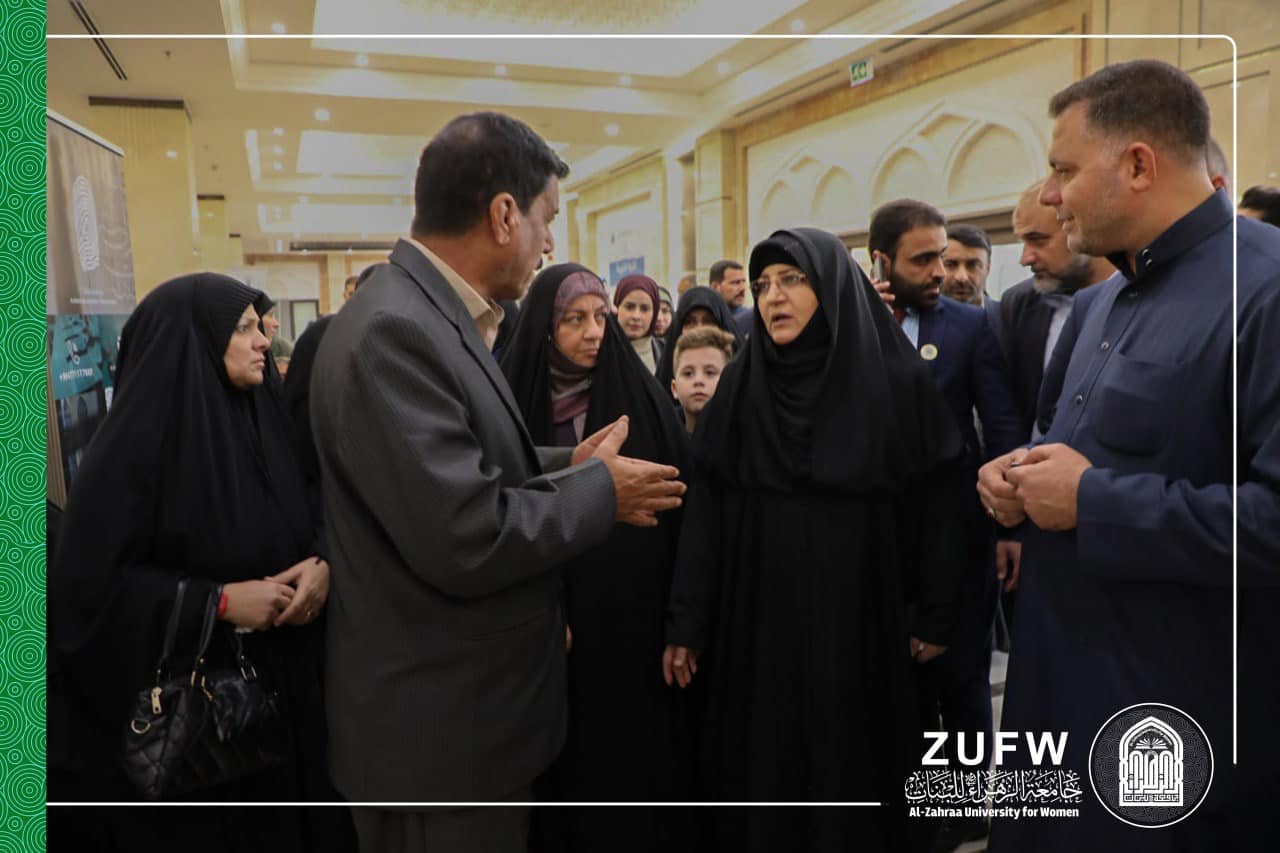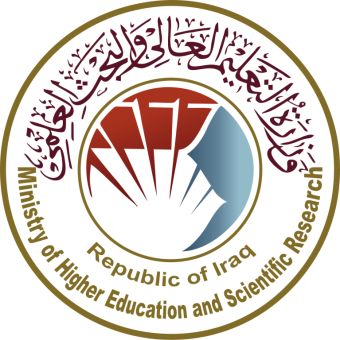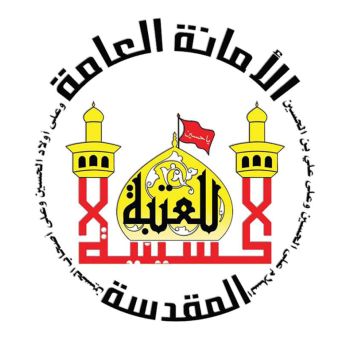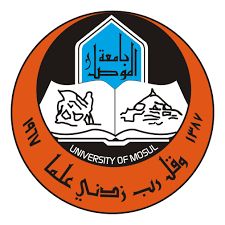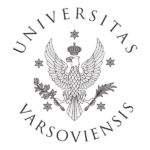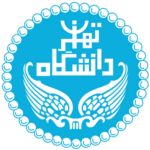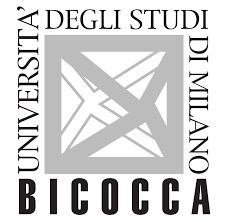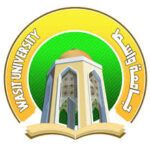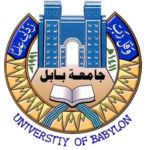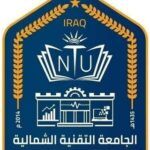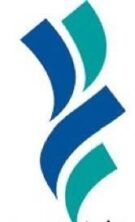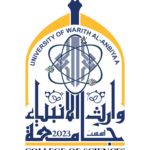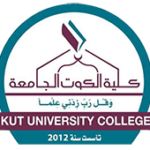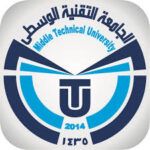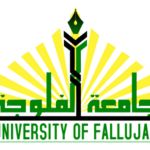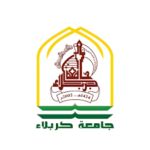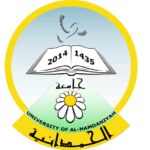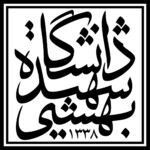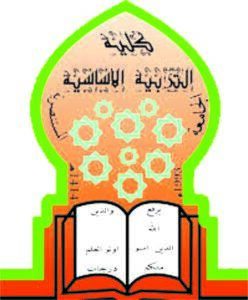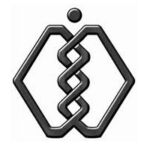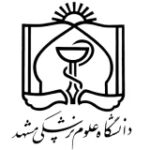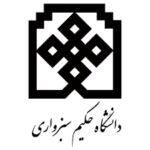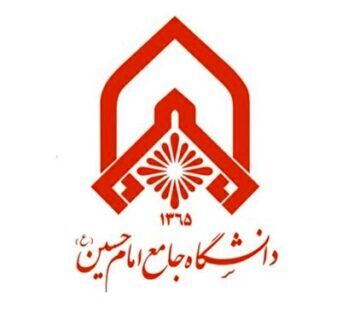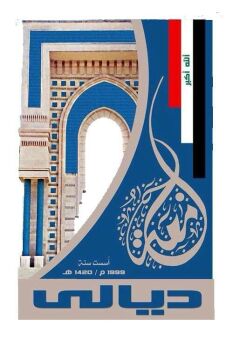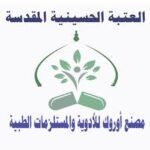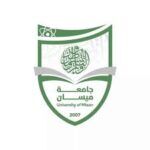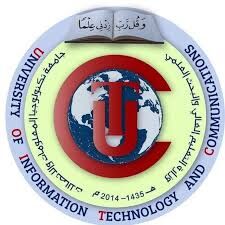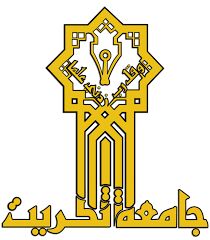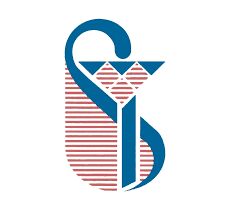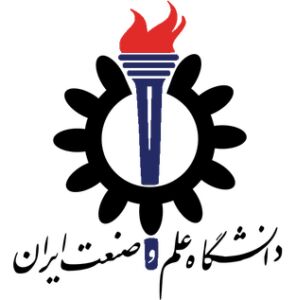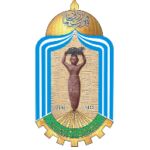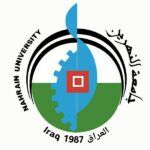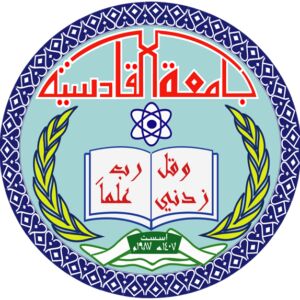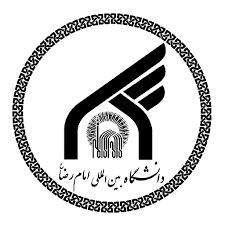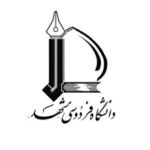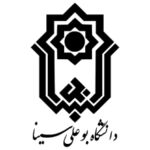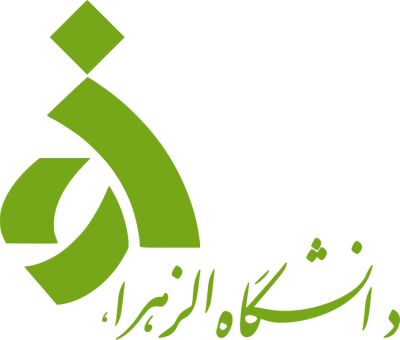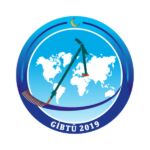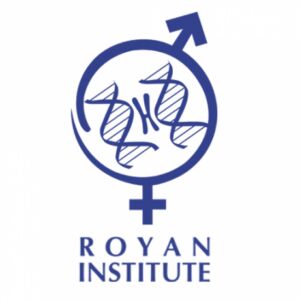In a step aimed at strengthening academic and research collaboration with leading medical institutions, Al-Zahraa University for Women, represented by Prof. Dr. Ghida’ Abd Al-Hussein Al-Mulla, Dean of the Faculty of Engineering and Information Technology, participated in the specialised workshop entitled “Artificial Intelligence and Its Applications in Medicine.”
The workshop was held at Imam Ali Holy Shrine in Najaf Al-Ashraf governorate, organised by Al-Kafeel Specialist Hospital in cooperation with Imam Ali Holy Shrine and the Health Training and Development Association affiliated with the Council of Medical Associations at the Ministry of Higher Education and Scientific Research.
The session was delivered by Asst. Prof. Dr. Ammar Munaf Mahdi Al-Mousawi, who managed to shed light on the most prominent applications of artificial intelligence in the medical field, highlighted its pivotal role in enhancing diagnostic accuracy, developing advanced medical support systems, and improving the quality of healthcare services provided to patients. The lecture also addressed ethical and technical challenges associated with integrating these emerging technologies into healthcare systems.
The workshop witnessed wide participation from medical professionals, specialists, and academics representing various Iraqi hospitals and healthcare institutions, alongside researchers in artificial intelligence and biomedical engineering. The said event served as a valuable platform for exchanging expertise and discussing the future prospects of integrating intelligent technologies into modern medical practices.
This participation embodies the University's commitment to consolidating its role as a pioneering institution in modern technology and innovation. It bears noting that through the adoption of cutting-edge trends in artificial intelligence and digital transformation, the University fosters partnerships between academia, the healthcare sector, and the technology industry. Additionally, such initiatives contribute to advancing scientific progress and enhancing the standards of education, research, and community service.
Translated by Zahra’ Ala’, revised by Asst. Lect. Safa’ Al-Sadi

